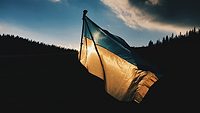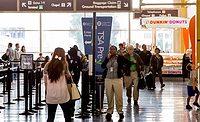The U.K. has more surveillance cameras than any other European country, as many as 4 million of the 12 million or so such cameras in all of Europe, says Matia Grossi, an analyst for research firm Frost & Sullivan. "As soon as you step out of the house in a British city, you are watched," Grossi said.
More attention to the issue, though, has arisen with the recent elections. Nick Clegg, Britain's new deputy prime minister, says he'll move to tightly regulate the use of closed-circuit TV cameras, as part of his civil liberties drive, says an Investors Daily report. In Britain, government agencies, public institutions and businesses use the cameras. They monitor activities ranging from traffic to suspicious comings-and-goings and theft. They also provide law enforcement with a forensic tool to reconstruct crimes.
The events of 9/11 resulted in stepped-up security measures in the U.S., and did the same in Britain, where security is now fully integrated into everyday life, Grossi says. "The British have security as a key cultural element," he said. Video is the primary type of government surveillance in the U.K., the report says.
Use of video surveillance is rising in the U.S., but there's no accurate count of cameras, says T. Jeff Vining, an analyst for research firm Gartner. Still, he says the U.S. is clearly following the U.K. in stepping up adoption. "In the U.S., we were more privacy-oriented and we didn't embrace it as quickly," Vining said. "But after 9/11, the U.S. started seeing the need for video. The U.S. is catching up to the U.K." Although some citizens' rights groups in Britain are concerned about privacy invasion, surveillance is largely accepted, Dearlove says."It's just become a part of the national infrastructure," the report said.


